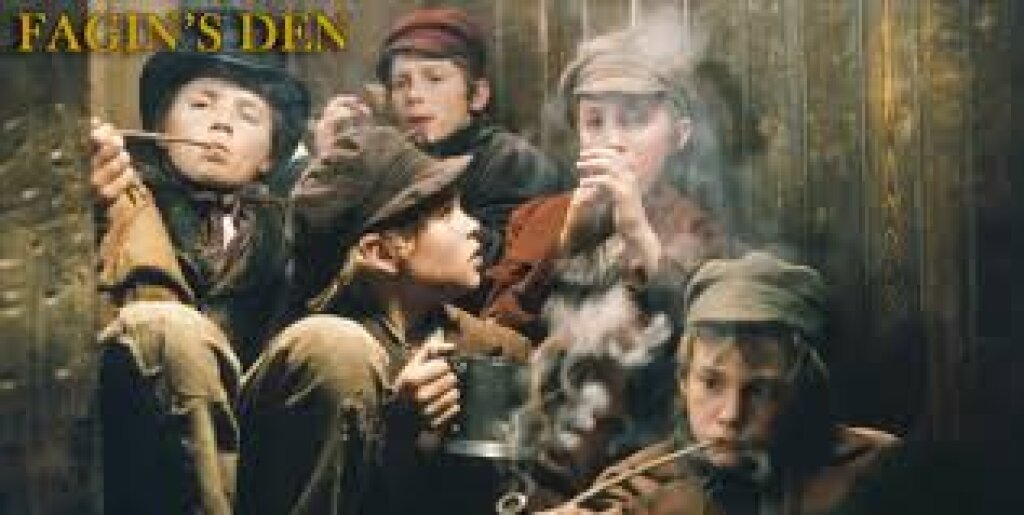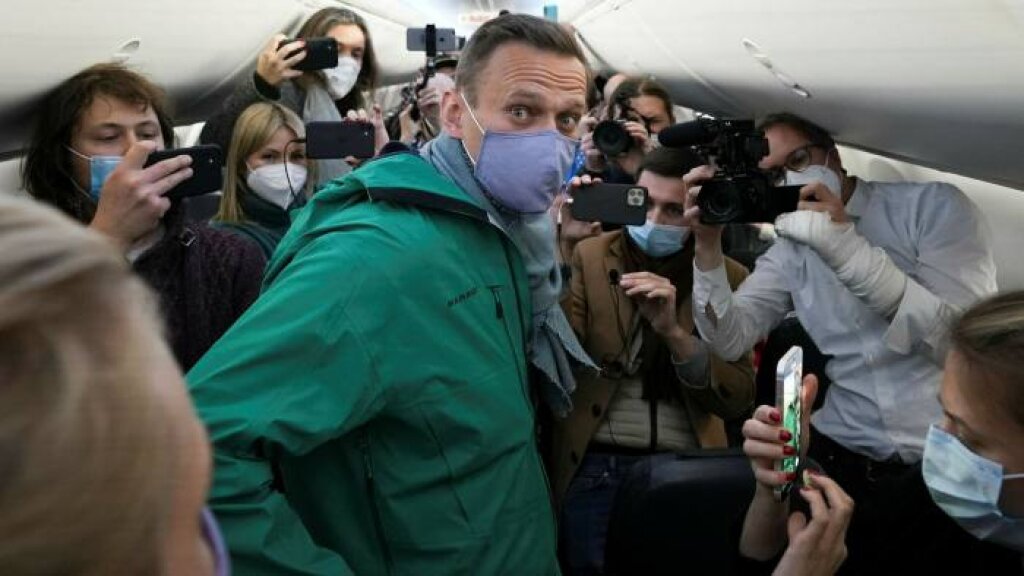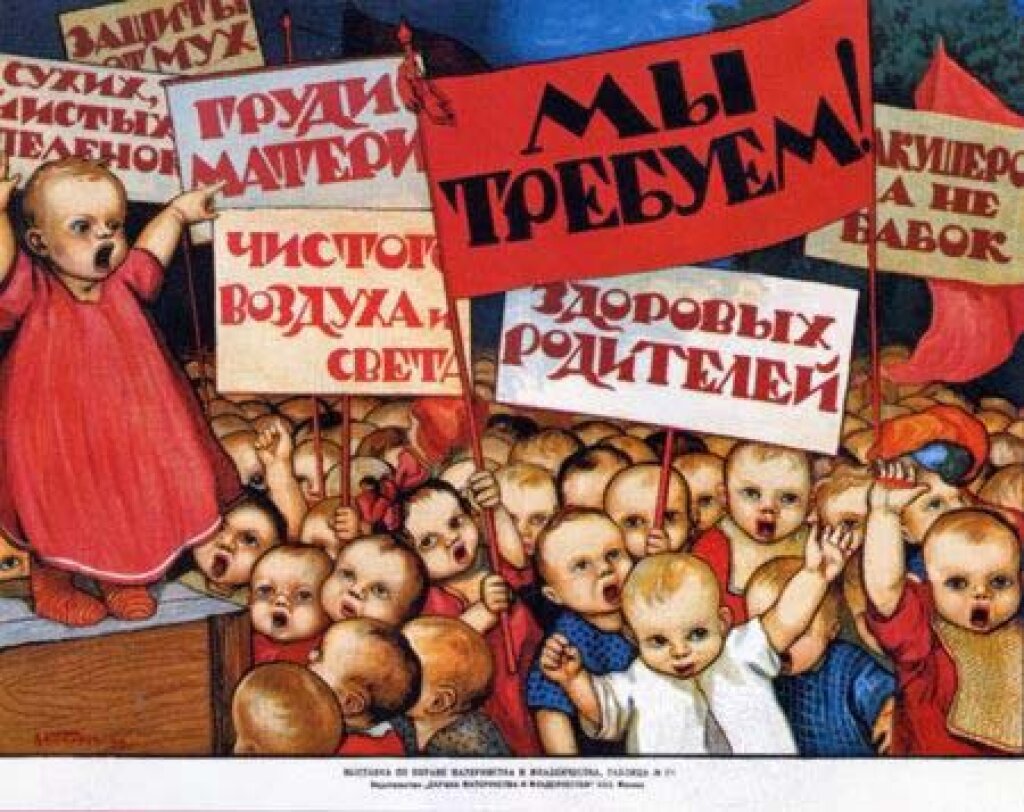This is the eleventh installment of “Rereading Akunin” focusing on The Winter Queen. For the introduction to the series, and subsequent installments, go here.
Chapter 14
in which the narrative
takes a sharp change of direction
As The Winter Queen races forward to its not-quite-logical conclusion, the rapid untangling of the plot threads is matched only by the intense recapitulation of the novel’s themes. Everything about this chapter reminds us that ORPHANS ARE IMPORTANT. We are continually reminded of Fandorin’s crippling naïveté, and of the steps he’s made towards growing up.
Poor Brilling seems to be genuinely disappointed that he has to kill Fandorin, and rightly sees in his protege an infuriating mix of native talent and immature gullibility: “Why must you be so trusting, damn you!”
A fight ensues; the details are underwhelming, but the result is that Brilling falls out the window to meet his death:
Ivan Franzevich Brilling was dangling in the air in an awkward and unnatural position. His polished gaiters were twitching a little above Fandorin’s head. Protruding from just below his Cross of St. Vladimir, where a crimson stain was creeping across his starched white shirt, was the sharp stump of a broken branch that had pierced the newly created general right through.
Yes, that’s right. Brilling dies from a stake through the heart. Score one for my Dracula hypothesis.
With his latest superior/father figure dead, Fandorin now reports to Adjunct General Lavrentii Akradievich Mizinov, head of the Third Section. Neither an innovator like Briling nor total dead weight like Grushin, Mizinov is mildly competent, and knows enough to let Fandorin be Fandorin; i.e., he neither gets in the way of Erast Petrovich’s investigation, nor does he contribute a great deal. And, as Fandorin makes his way further down the path to adulthood, maybe this hands-off approach is exactly what he needs.
How fitting, then, that it is in the vacuum of faux-paternal authority that Fandorin finally starts seeing the pattern being all the events of the novel, a pattern that brings him back to….orphans.
We begin with Mizinov’s description of Brilling:
"Believe me, he had the spirit and the background of a genuine Lomonosov— an orphan with no family or relatives, who had financed his own studies on coppers and then passed the examinations for the seventh year at the grammar school at the first attempt. A genuine natural diamond! I became his patron, sent him to St. Petersburg University, then I gave him a place in my department— and never had cause to regret it. He was my finest assistant, my trusted deputy! He had made a brilliant career— all roads were open to him! Such a brilliant, paradoxical mind, so resourceful, so assiduous! My God, I was even planning to marry my daughter to him!”
Then Fandorin starts to go through the available documents regarding the men whose Azazel connection has been exposed. I haven’t seen either of the film versions of this story, but I imagine the actor flipping through pages faster and faster, as the music gets more ominous, until he suddenly looks up at the camera because he’s made a breakthrough. If this were Homeland, all of the documents would be on a wall, with red threads connecting them to each other. Of course, if this were Homeland, the detective would be a lot more compelling.
One of the men is a type “very well known in America, a millionaire of the sort who are known as self-made men.” Another is “legendary” in the French fleet:
Twenty years ago a French frigate off the coast of Tortuga came across a boat adrift in the open sea, carrying a boy who had obviously survived a shipwreck. As a result of the shock the boy had completely lost his memory and could not give his own name or even his nationality. Taken on as a cabin boy and named after the frigate that found him, he has made a brilliant career.
The Azazel representative to the Ottoman Empire: “His origins are obscure and he has no relatives, which promises to be a great boon for Turkey if Anwar ever should become vizier. Just imagine it— a vizier without a horde of avaricious relatives! Such things simply never happen here.”
Fandorin sees the pattern here; if he didn’t, we’d lose all faith in him: "All three of them seemed to have appeared out of nowhere! At some moment they had simply emerged from the void and immediately set about clambering upward with genuinely superhuman persistence.”
Fandorin then recalls that the same could be said for Bezhetskaya. This is a good observation, but it reminds us of one glaring failure in Fandorin’s ability to connect the dots: with just a little bit of a stretch, these descriptions could apply to Fandorin himself.
This is not a spoiler, because it goes nowhere in terms of the plot. But I can’t help but feel that this book would have been far better if it ended with the revelation that Fandorin himself is an agent of Azazel, under such deep cover that he himself is unaware. Presumably, he could have then freed himself from his programming and gone on to star in the next dozen or so novels, but with a much more interesting back story.
Thematically, though, it all still works. This is still a Bildungsroman about a young man who, though not a blank slate, is more than willing to be written on by older authority figures. Fandorin’s formative professional influence comes from a man who is the embodiment of modernity while also the agent of a sinister organization, connecting both the story and Fandorin to fundamental questions of progress and the baggage of family and history. All of which will be made abundantly clear in the next chapter.
Before we go, however, Akunin has to frantically make room for the novel’s all-but-forgotten love story. Liza returns, Erast is still smitten, all overdetermined by their ridiculously literary names. This is not going to end well. And, no I’m not talking about the plot. I’m talking about the artistry.
Minor Observations
Bromfield has Mizinov called Brilling “a genuine natural diamond.” I probably would have gone for “diamond in the rough.”
Mizinov’s explanation for why the Masons are not to blame is amusing: “They are not Masons, because I myself am a member of a Masonic lodge, and no ordinary one either. Hmm . . . Remember, Fandorin, you didn’t hear that.”
We can add disappearing ink to the media technologies included in The Winter Queen. More grist for my Dracula mill.



